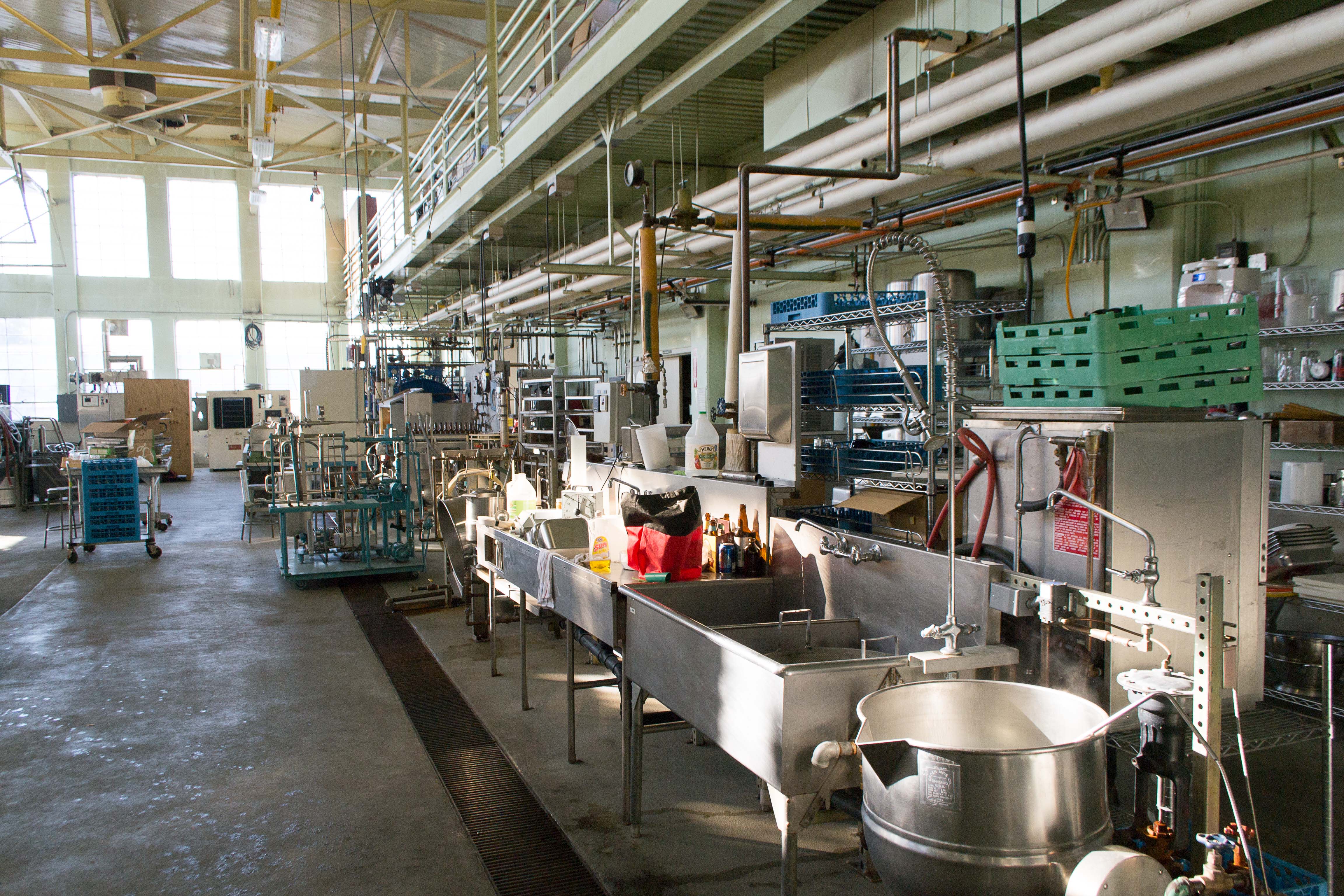
Photo from academic.microsoft.com
Cordyceps sinensis, an entomogenous fungus used in traditional Chinese medicine, exhibits very broad biological and pharmacological actions in hepatic, renal, cardiovascular, and immunologic systems as well as anticancer activity. Pharmacological… Click to show full abstract
Cordyceps sinensis, an entomogenous fungus used in traditional Chinese medicine, exhibits very broad biological and pharmacological actions in hepatic, renal, cardiovascular, and immunologic systems as well as anticancer activity. Pharmacological functions of Cordyceps are primarily due to the bioactive polysaccharides, modified nucleosides, and cyclosporin-like metabolites produced by this fungus and related species. The beneficial effects on renal and hepatic function and immunomodulation-related antitumor activities are most promising and deserve great attention. Many previous studies used fruiting bodies, but recently an increasing number of studies have used cultured mycelia in investigations. It is difficult to determine if the same bioactive ingredients exist in fruiting bodies and cultured mycelia and contribute to the pharmacological actions reported in the literature. More mechanism-based, disease-oriented pharmacological studies are required to ensure clinical efficacy for particular diseases. Adjuvant therapy using C. sinensis for immune function disturbances, cancer, and renal failure is possible if double-blind, randomized placebo-control clinical studies show the efficacy of this herb.
Journal Title: Journal of Food and Drug Analysis
Year Published: 2020
Link to full text (if available)
Share on Social Media: Sign Up to like & get
recommendations!